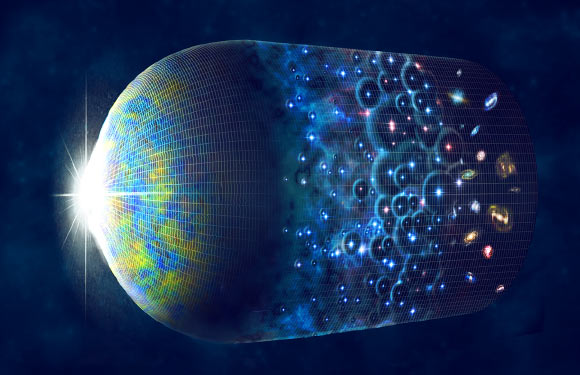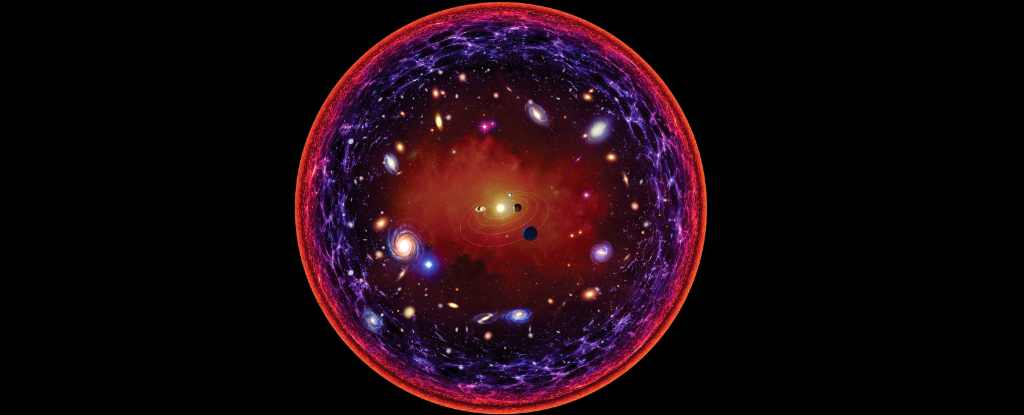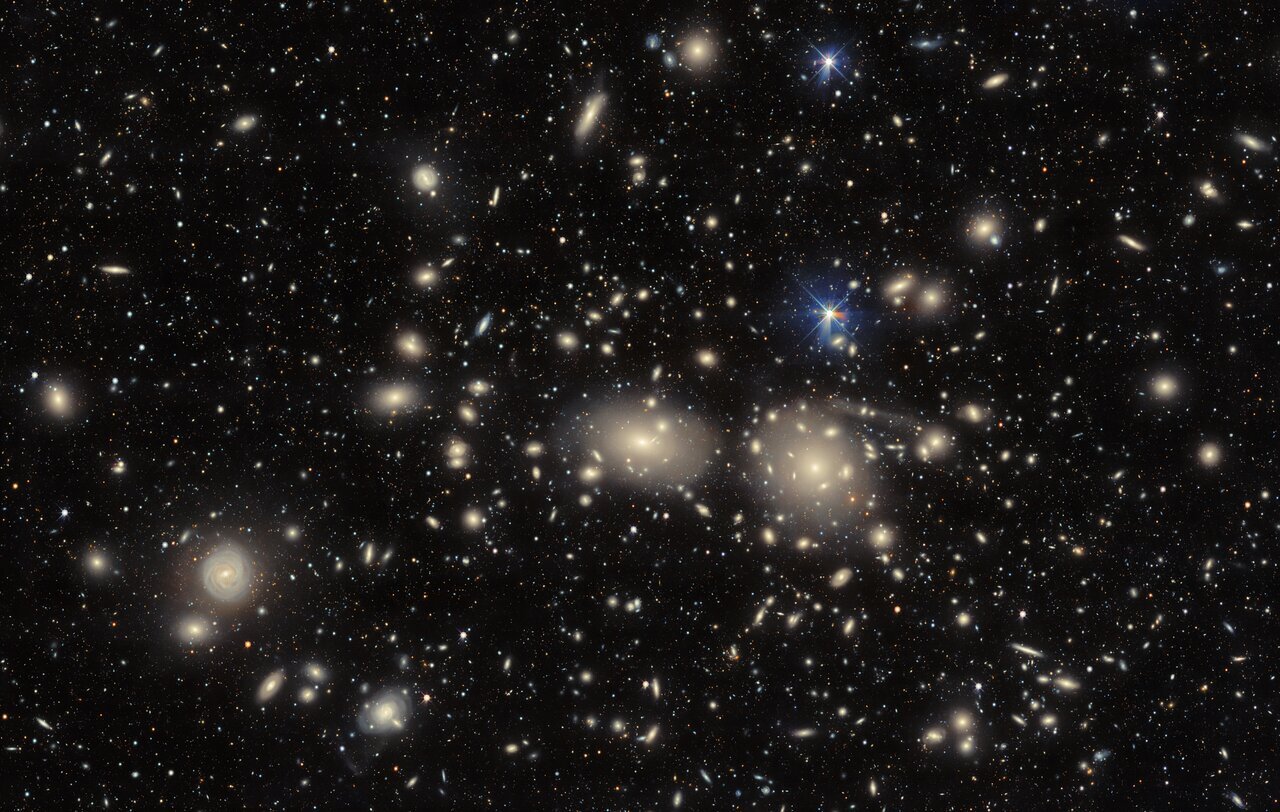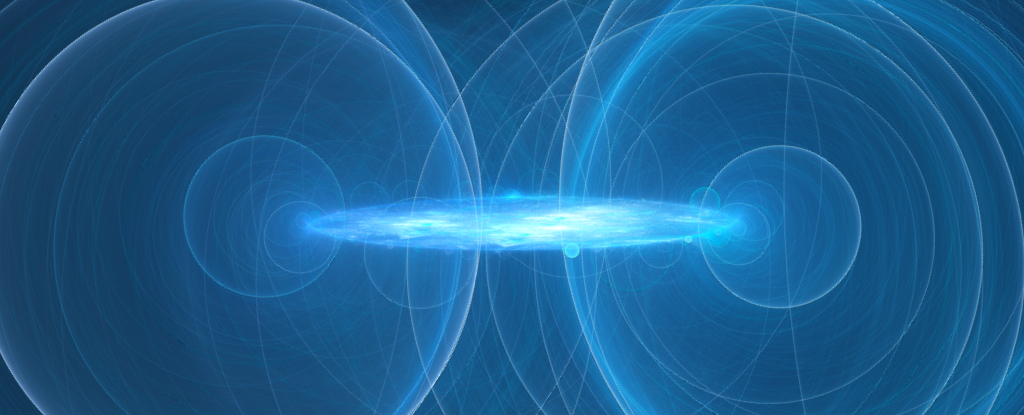
A new study shows that the Universe has already entered a phase of decelerated expansion at the present epoch and that dark energy evolves with time much more rapidly than previously thought.

It's hard to imagine something as big as the Universe not having a center at all, but physics says that's the reality.

A new measurement confirms what previous - and highly debated - results had shown: The universe is expanding faster than predicted by theoretical models, and faster than can be explained by our current understanding of physics.

Scientists know the Universe is expanding because they can track other galaxies as they move away from ours. They define expansion using the rate that other galaxies move away from us.

Something is making the fabric of our Universe grow at an ever-accelerating rate, and scientists are truly stumped on what it could be.

The thick once again plottens in the quest to narrow down the expansion rate of the Universe.

Something is causing nothingness to grow, squeezing its way into the gaps between galaxies to gently push the large scale structure of the Universe apart at an ever increasing rate. We call this something "dark energy".

According to a new U.S. research it appears that the Universe is actually getting hotter as time goes on. The mean temperature of cosmic gas has increased more than 10 times and reached about 2.2 million K.

Astronomers have made a new measurement of how fast the universe is expanding, using an entirely different kind of star than previous endeavors. The revised measurement may lead to a new interpretation of the universe's fundamental properties.

Lengthy observations by the Hubble Space Telescope indicate the universe is expanding faster than predicted by standard models and that Einstein’s cosmological constant, thought by many to define dark energy, may not be so constant after all.

Astronomers have discovered a giant cosmic void that explains why our Local Group of galaxies is moving through the universe as fast as it is.

By using a space-time quirk first predicted by Einstein, the Hubble Space Telescope has also made it clear that our theories to explain the evolving universe are far from complete.

Astronomers using NASA's Hubble Space Telescope have discovered that the universe is expanding 5 percent to 9 percent faster than expected.

The most precise measurement ever made of the current rate of expansion of the Universe has been achieved by physicists in the US, and there's a problem: the Universe is expanding 8 percent faster than our current laws of physics can explain.

(PhysOrg.com) -- In 1998, scientists discovered that the Universe is expanding at an accelerating rate. Currently, the most widely accepted explanation for this observation is the presence of an unidentified dark energy, although several other possibilities have been proposed. One of these alternatives is that some kind of repulsive gravity – or antigravity – is pushing the Universe apart. As a new study shows, general relativity predicts that the gravitational interaction between matter and antimatter is mutually repulsive, and could potentially explain the observed expansion of the Universe without the need for dark energy.